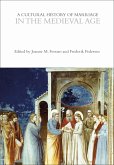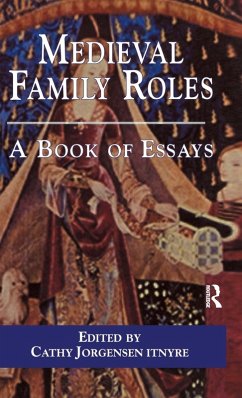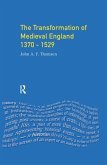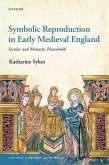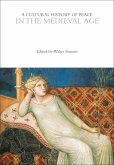The emergence of radical thought and politics in Europe is often traced back to the 17th century and the English Civil War to groups such as the Levellers and the Diggers. In such narratives, the Middle Ages is typically perceived as a time of traditionalism and conformism. In this interdisciplinary study, Daniel Wollenberg challenges readers to re-assess medieval Europe as a crucial locus of revolutionary thought, social justice, and political reform. An innovative examination of reformist and egalitarian ideas, Medieval Radicalism begins by grounding medieval radical thought in medieval Christian theology. Then, drawing on archival sources, Wollenberg shines a light on the calls, protests, and actions of societal - political, economic, and gendered - change across Europe from 1100 to the end of the English Civil War. This nuanced study pieces together reformist voices of the later medieval and early modern periods in Europe and counters notions of medieval orthodoxy. The result is a sophisticated analysis of voices of radicalism which will be of immense value to all scholars of medieval Europe.
Hinweis: Dieser Artikel kann nur an eine deutsche Lieferadresse ausgeliefert werden.
Hinweis: Dieser Artikel kann nur an eine deutsche Lieferadresse ausgeliefert werden.


